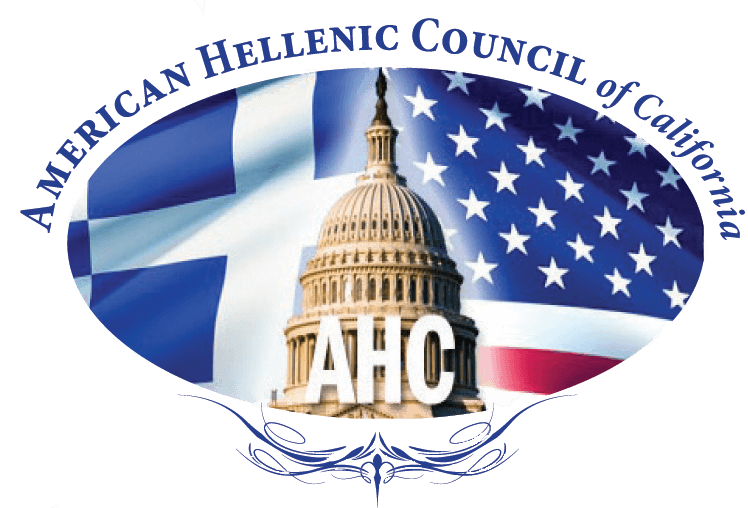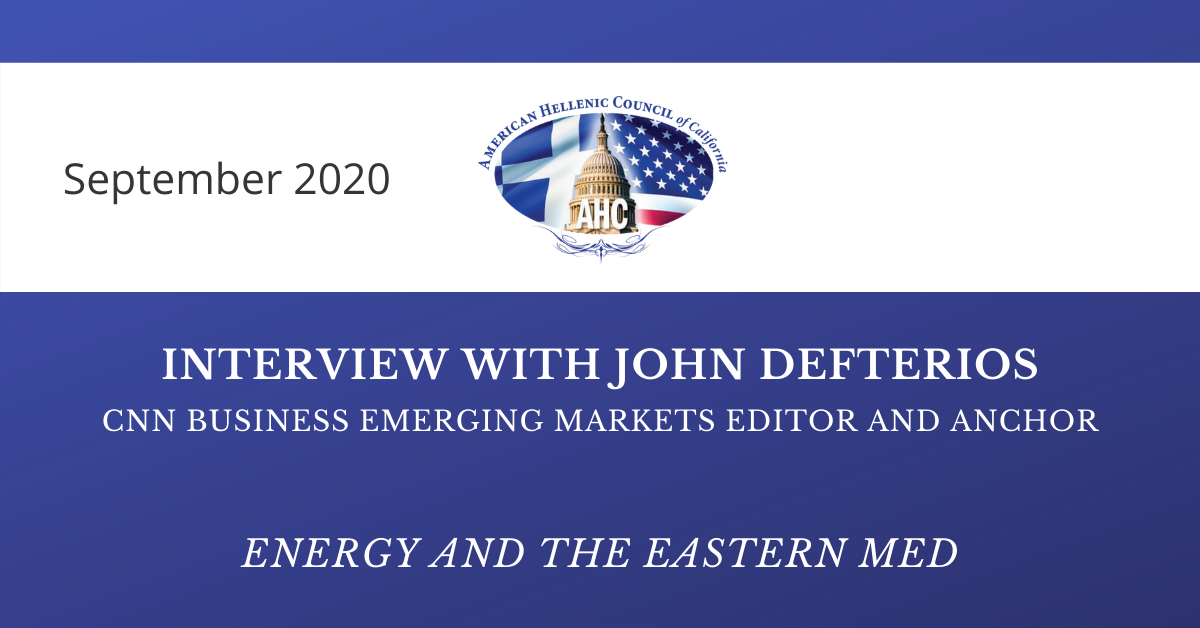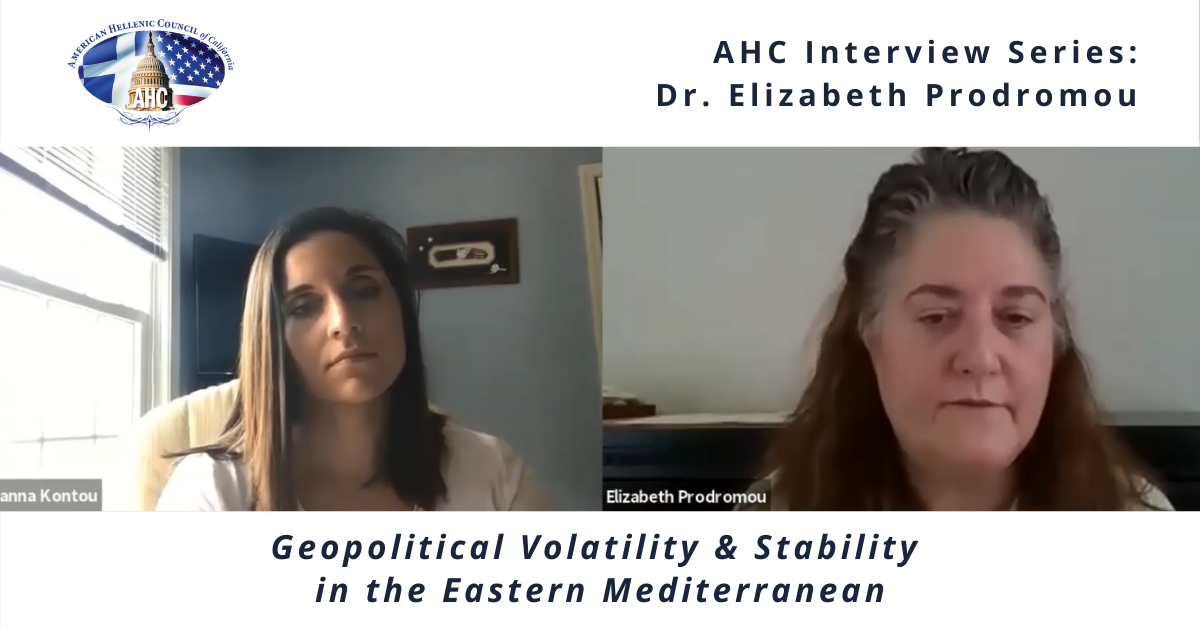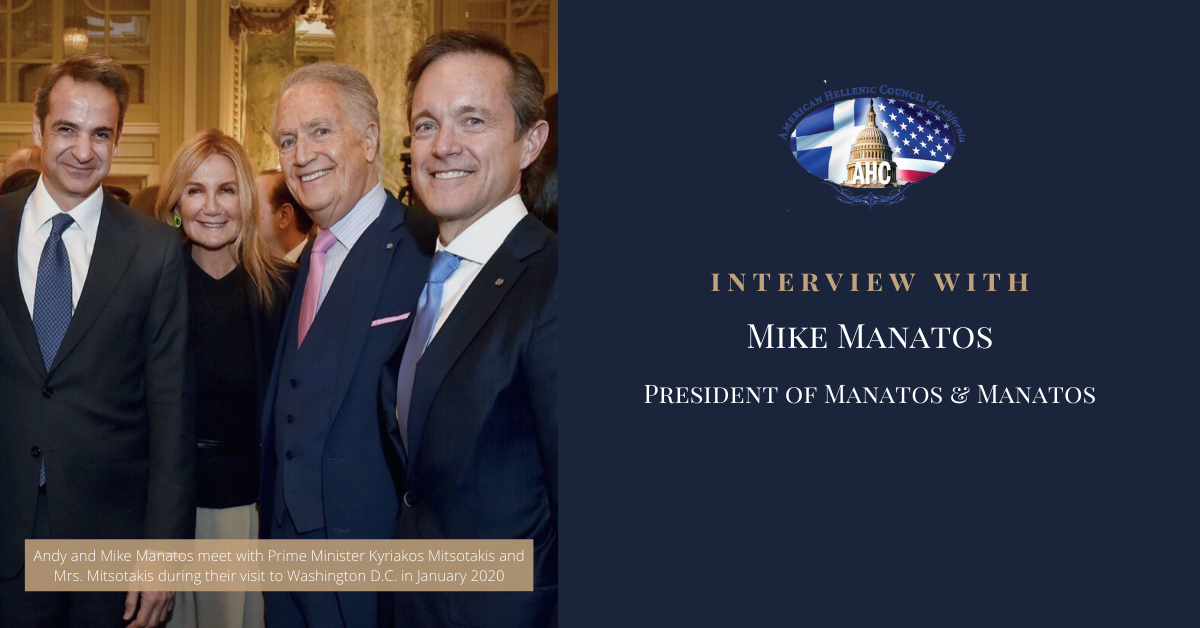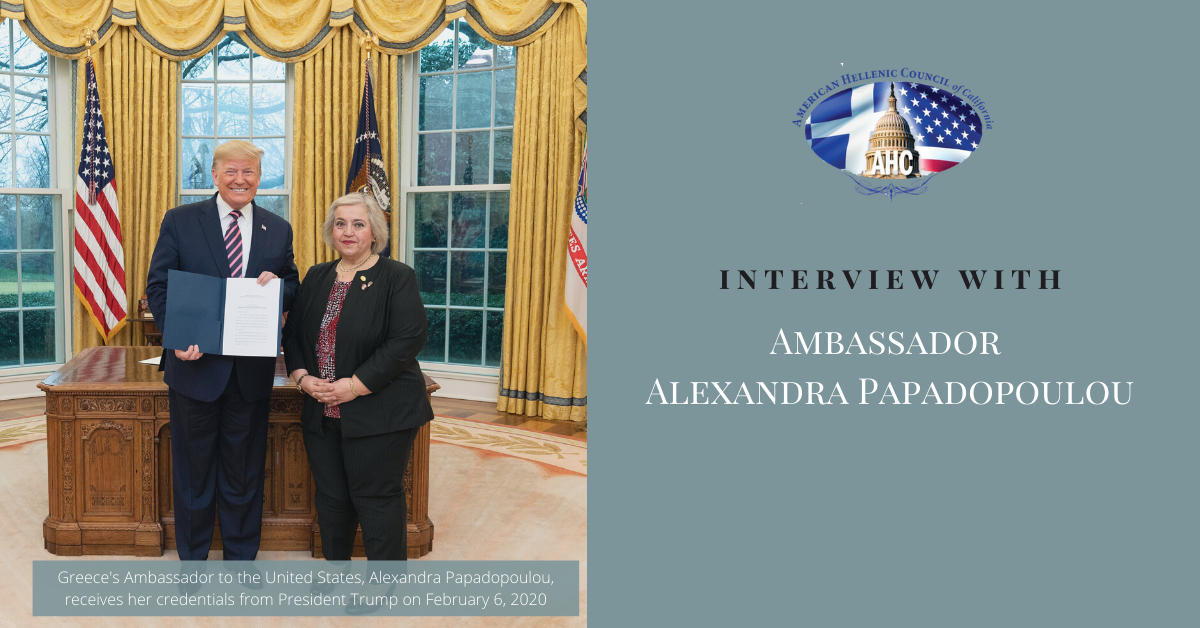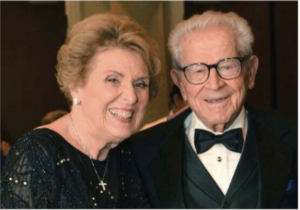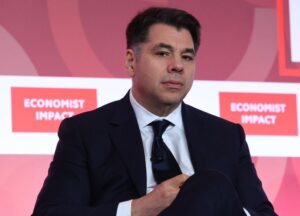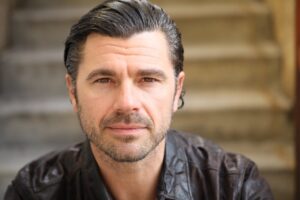Mr. Stavros Anthony, Lieutenant Governor of the State of Nevada in an all-tell interview
discusses his heritage, political career, trade and tariffs, immigration policy and US relations with NATO and Cyprus
In April 2025, we had the opportunity to meet Stavros Anthony, the Greek-Cypriot Lieutenant Governor of Nevada, a man with a deep love for his community and country, as well as his Greek roots.
Born to Greek-Cypriots hailing from Paphos, Cyprus, Mr. Anthony talked to our Treasurer and Board Member Alexander Mizan in a tell-all interview about his heritage, his journey in America that brought him as a young adult to Las Vegas.
After a successful career in law enforcement, he explained to us how his commitment to public service brought him serve as a local politician in Las Vegas at the City Council level and eventually becoming Lieutenant Governor of Nevada.
We asked him how supportive the Greek-American community has been for his political career and we dived into his political orientation as a constitutional conservative.
Mr. Anthony has been a vocal supporter of President Donald Trump so naturally we asked him his opinion on hot current topics such as immigration enforcement, tariffs and trade policy, NATO and defense and of course if he sees Mr. Trump coming to the defense of Cyprus in a potential hot incident in the Eastern Mediterranean.
